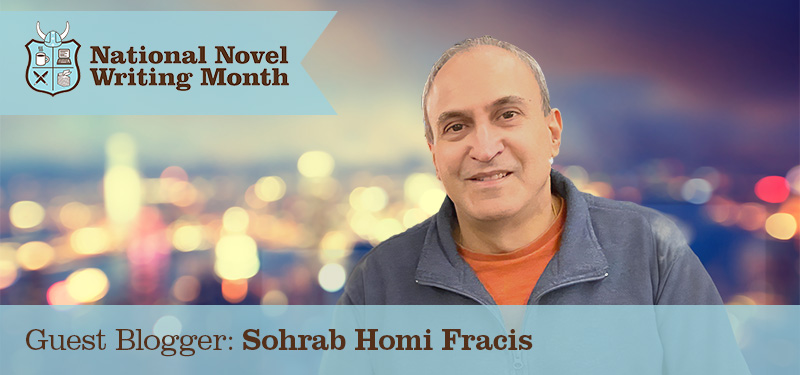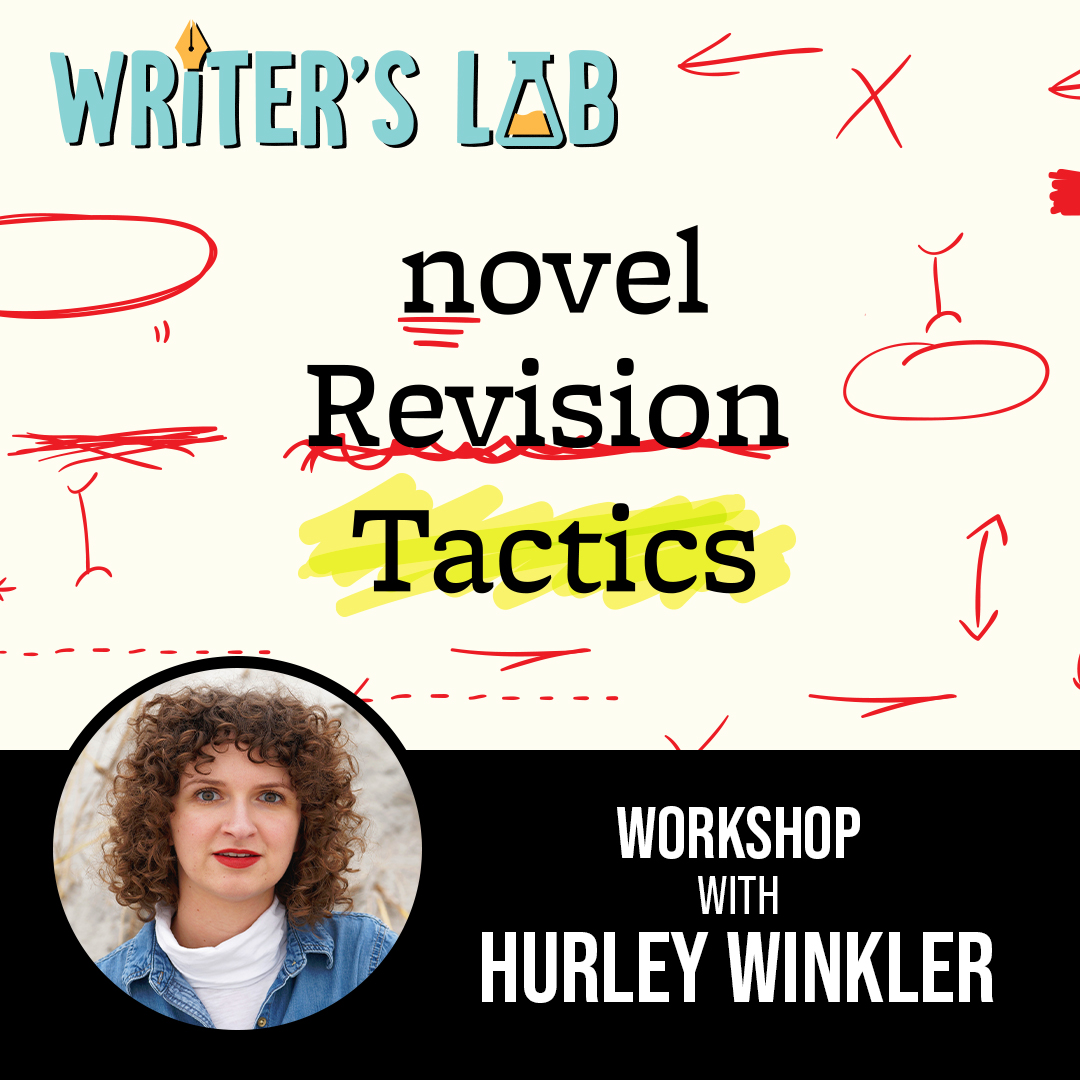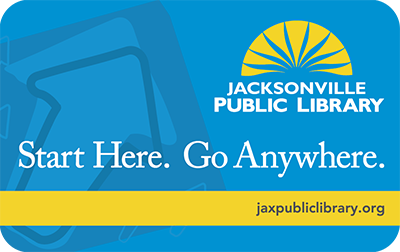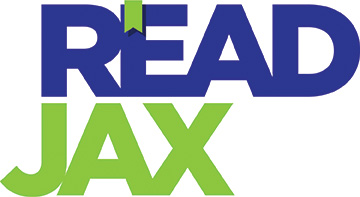
#Insights from a Local Author
For National Novel Writing Month (NaNoWriMo), we asked a few of our recent Lit Chat and Writer's Lab alumni to answer a few questions about their writing process.
Our second guest blogger is Sohrab Homi Fracis. True Fiction, his new book of North Florida (and elsewhere) stories, won the 2023 International Book Award for story collections. Fracis was also the first Asian American author to win the Iowa Short Fiction Award, described by the New York Times Book Review as "among the most prestigious literary prizes America offers," for his first book, Ticket to Minto: Stories of India and America. Publishers Weekly called it "A reminder of how satisfying the short story form can be...the work of an impressive new talent."
His novel, Go Home, was shortlisted by Stanford University Libraries for the William Saroyan International Prize. Singapore Poetry described it as “newly poignant and even heartbreaking.” He also taught literature and creative writing at the University of North Florida.
#Q&A with Sohrab Homi Fracis
How do you decide what to write about?
I have a test of time. If something -- whether an incident or sequence of events or image or character or setting or premise or opening line -- stays with me long enough and continues to intrigue me, to make me feel something, to beg for exploration and deeper understanding, then that tells me it might be good material for a story that would have the potential to also intrigue, hold, and even move the reader.
What are your first steps when starting a new writing project?
If the nucleus for a story meets that test of time, then I continue to patiently respect the pre-writing stage/process. Now I think about it as a story idea, not only consciously but also allowing it time to percolate in my subconscious as such. The creative-writing term for that is Incubation. Then, if there's need for research, whether reading or on location, I do it and allow that to expand my understanding of what the project might entail. At some unpredictable point, I find it starting to take shape in my head until eventually, it's bursting to come out of me. That's when I begin to draft.
Do you have any specific writing habits or tools that have helped you?
Yes. When it comes to novel-length projects, because of the much larger, sprawling scope I find it useful to build a separate file of bullet points in no particular order, adding to it whenever an item strikes me -- just stuff I feel may belong somewhere along the book as it unfolds. I've never made an outline, knowing it could bring with it the danger of an over-determined and/or over-directed narrative. Bullet points are far less constricting, allowing the storyline to develop organically as I draft, so it feels like it's "happening" rather than "written." That helps the reader suspend her disbelief and immerse herself in a vicarious experience.
How early do you start revising? Do you wait until you have a first draft?
Nope. I revise as I go, starting as soon as I hit a stopping point for whatever reason. That might happen as early as after the first sentence or the first paragraph. One good sentence leads to another. One good paragraph often leads to another. One good scene may well lead to another. Keep that going and you'll have a good story or chapter. Keep that going (easier said than done) and you may eventually find yourself with the draft of a good book on your hands. Then you can revise and edit it again (and again) to make it a better book, with the potential of making it even a great book. Conversely, one bad paragraph is likely to generate more sloppy writing. Or one misconceived scene might put you on the path, without realizing it, to what eventually turns out to be a draft you just can't entirely rescue from mediocrity.
Are there any books on writing (or publishing) that you’d recommend?
Sure. These oldies but goodies make a logical sequence for aspiring fiction writers at the start of the never-ending learning curve:
- Technique in Fiction by Macauley & Lanning
- The Art of Fiction by John Gardner
- Self-Editing for Fiction Writers by Browne & King
I'd also highly recommend enrolling in a low-residency MFA program for creative writing, if a regular on-campus program is not possible. That way you wouldn't need to quit your day job. It's funny how people would never think of becoming, say, a doctor or engineer or lawyer without getting the requisite education, yet assume they could write good books right away by just sitting down and doing it. I say that as a writer whose first master's was in engineering and the second, years later, in creative writing. I'm the rare bird with an engineering thesis as well as a creative-writing thesis in the U.S. library system.
How has the Library helped you on your writing journey?
The concluding, overview story, "The Mark Twain Overlook," in my first book gets its name from a scenic point above the Mississippi, in small-town Muscatine, Iowa, where the young Twain spent a summer. It's a love story of sorts, but also the journey of an immigrant who has an epiphany at the scenic point and returns to his childhood love of books:
"His new dream, born on the day of the overlook, grew in his head and he began to walk down Iowa Avenue daily to the Musser Public Library. Within its light-brown brick walls and on complicatedly lettered shelves were stacked a hundred and forty thousand worlds to explore, worlds he'd ignored since leaving college at Powai."
Books, and the libraries or bookstores that house them, came to my rescue too, at a similar crossroads in my own life. They changed my life for good. I've been so impressed lately by how Jacksonville Public Library has reinvented its role in our social lives, with its superb Lit Chats, the downtown Jax Book Fest, its Art Gallery, and more. This ensures the library will always be relevant and indispensable.
Need Advice on Editing?
 Putting pen to paper (or fingers to keyboard) is just the first step! Find out how to make your words sparkle, shine, and start looking more like a finished novel! Join local author Hurley Winkler on Tuesday, November 14 at 6:30 p.m. at Beaches Branch Library to learn some tried-and-trusted Novel Revision Tactics at our next Writer's Lab workshop! You'll walk away with a stronger revision plan for your book-length project as well as renewed energy and inspiration.
Putting pen to paper (or fingers to keyboard) is just the first step! Find out how to make your words sparkle, shine, and start looking more like a finished novel! Join local author Hurley Winkler on Tuesday, November 14 at 6:30 p.m. at Beaches Branch Library to learn some tried-and-trusted Novel Revision Tactics at our next Writer's Lab workshop! You'll walk away with a stronger revision plan for your book-length project as well as renewed energy and inspiration.

